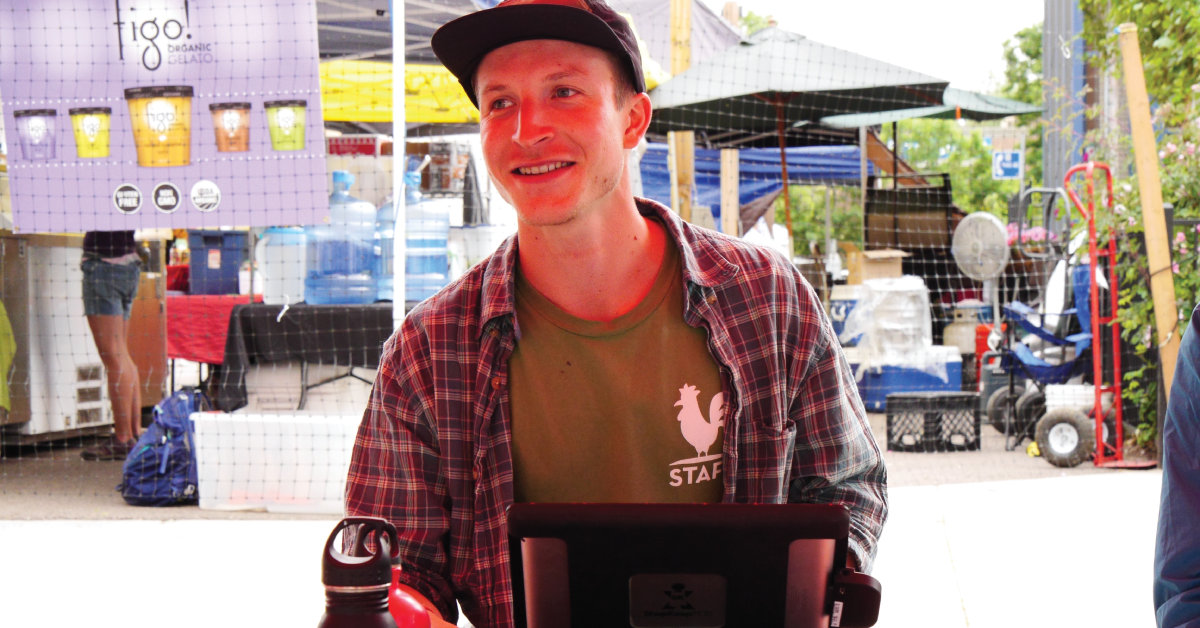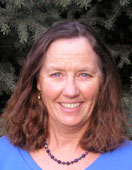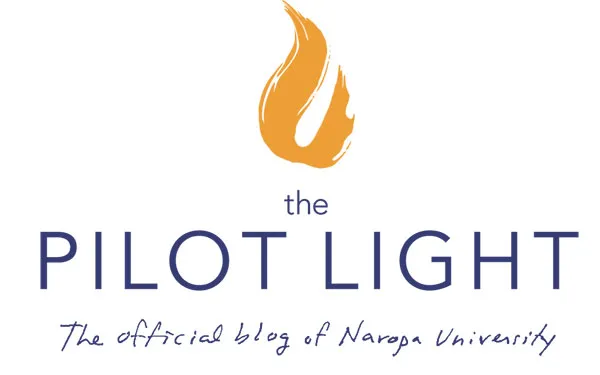
Gini Van Siclen Nonprofit Management and Social Entrepreneurship
 Gini Van Siclen has served on the boards of nonprofit organizations for many years. To pursue her particular interest in nonprofit governance and capacity building, she earned her Masters of Nonprofit Administration (MNA) at the University of Notre Dame’s Mendoza College of Business in May of 2012. She is currently Adjunct Faculty in the Resilient Leadership Master of Arts Program at Naropa University,teaching an online survey course on nonprofit management and social entrepreneurship to graduate students, and mentoring many of them as they carry out their applied leadership projects.
Gini Van Siclen has served on the boards of nonprofit organizations for many years. To pursue her particular interest in nonprofit governance and capacity building, she earned her Masters of Nonprofit Administration (MNA) at the University of Notre Dame’s Mendoza College of Business in May of 2012. She is currently Adjunct Faculty in the Resilient Leadership Master of Arts Program at Naropa University,teaching an online survey course on nonprofit management and social entrepreneurship to graduate students, and mentoring many of them as they carry out their applied leadership projects.
Gini worked as a project manager and team member in facility, nuclear safety, and waste management for the Idaho National Laboratory and Scientech, Inc. Subsequently, for many years she taught a three-day seminar in risk management for project managers for an international training and consulting firm.
In addition to her MNA degree from Notre Dame, Gini has a BA in French from Duke University and an MA in Mathematical Sciences from The Johns Hopkins University.
In 2016 Gini joined the board of the Friends of the Teton River and serves as the treasurer. She and her husband, Clint, live in Teton Valley, Idaho, where they enjoy the outdoors with their dog, reading, friends, and especially getting together with their sons, DeWitt and Arthur.
Q&A with Gini
1. What is the course you teach and how did you start teaching this at Naropa?
I teach ENV701e, Nonprofit Management and Social Entrepreneurship. After many years of board and volunteer service, I decided to do the University of Notre Dame Master of Nonprofit Administration program, graduating in 2012. My son was working on his degree in yoga at Naropa during some of that time, and one day he made the comment, “Mom, you need to teach a course on nonprofits here. Everyone I’ve met works at a nonprofit, is going to work at one, or is planning on starting one.” That planted a seed…
Then in the fall, after I graduated in spring of 2012, I saw that the Naropa Resilient Leadership Master of Arts Program was advertising for someone to teach an online course on nonprofits and social entrepreneurship. I inquired, met with Resilient Leadership faculty Anne Parker, PhD and Jeanine Canty, PhD (chair of the Environmental Studies department), and taught the first session to the graduating class of 2013!
2. What do you cover in your course?
Well… I’ve been accused of trying to cover the entire Notre Dame master’s program… and when we changed the course to the fall semester from a four-week summer session, Jeanine made me promise not to add any material!
This is a survey course on nonprofits and social entrepreneurship. The primary goal is for the students to get a handle on what they need to know and where to find the good information. We start by talking about what a nonprofit is, and how it fits in economy, and then look at some legal issues that define nonprofits and how they operate, including the critical role of the board. There are a lot of myths about nonprofits I tackle right away, for example the idea that nonprofits can’t make a profit—WRONG! They can and should make a profit so they can invest in and sustain the mission! Ok, I’ll spare you this lecture…
Next, we look at social entrepreneurship and the triple bottom line, a very exciting area with much change occurring in the U.S. and worldwide in how these organizations work.
With this background, we are then ready to look at strategic management. One of my main goals for the course is that students learn that, for effectiveness and sustainability, everything the organization does has to be tied to the mission, vision, and values. We look at a variety of topics with this mind, including operations, measurement and evaluation, marketing, grants, and fund development.
The students do practical assignments that engage them with the resources and literature in the field. We have weekly online discussions largely initiated by the students and facilitated by me, and we do several phone calls during the semester with guest speakers, recorded for those unable to make the call.
3. Why are you passionate about this topic and why is it important for Resilient Leadership?
Our students have important work to do! And, it won’t be done in a vacuum! Chances are they will work in some type of nonprofit or socially conscious business. This course is like a mini MBA. The principles we cover in this class apply to a variety of types of organizations, and the course points students to the good resources they’ll need as they go forward, helping them see how bring sustainable action to their own mission and vision and to that of their organization.
4. What’s it like to work with students in an online format?
I really like it! I had the benefit of experiencing a variety of effective online classes in the Notre Dame program, which used a cohort model with some residential and some online class work. So, I knew it was possible to good online class. But, my Resilient Leadership students are used to a fully residential program, so I have some concerns and anxiety to allay. I do this in a couple of ways. I do a trip to Boulder in the spring typically during the graduating class’s project presentations, so I can meet the next group of students in person. Once they see there really is a person teaching the class, who also happens to be friendly and accessible, they feel a lot better!
I’ve come to realize my favorite advantages of the online format, in which we use an online discussion forum, is that everyone has an equal opportunity to share their thoughts and experiences, and we can think before we “speak.”
The offering of this class is required to be “asynchronous” meaning the students must be able to do the work on their own time, with no regularly scheduled class time. That being said, I schedule at least four phone classes a semester with guest speakers on grant writing, fund development, social benefit corporations, etc. This helps us all be more connected—it is hard to beat the “face-to-face”!
5. How is your course contemplative?
This is an interesting question, and I’ve seen this evolve over time in the class. At first, I was really worried about it—how do you make a nuts and bolts, practical, survey course contemplative? So of course I tried to force it, and that doesn’t work! Over time, I’ve realized it’s my students who really bring the contemplative work in, for example in the discussion forum as they share information and question one another, in our phone calls where they take turns starting and closing the call, and in the coursework. I think my course provides an opportunity to “practice their practice,” if that makes sense. I am relatively new to contemplative practice, and I learn from my students every semester!
I also have a colleague (whom I met at the Authentic Leadership Center Program in 2014) who is a Buddhist salesman in the electrical utility industry! One of his goals is bringing mindfulness into the workplace, and I make sure to schedule a phone call with him each time I teach the course. He remains available to students afterwards.
6. What is your recent publication and how did this come about?
I wrote a book review for the Journal of Nonprofit Education and Leadership on William A. Brown’s recent book Strategic Management in Nonprofit Organizations. My faculty mentor at Notre Dame is the journal’s book review editor, and knowing I am adjunct faculty at Naropa, she reached out to me to see if I’d be interested, which I was! If Jeanine would let me add material to the course, I’d make this book required reading!
7. What do you enjoy most about teaching at Naropa?
My students! And my colleagues! I am so grateful for all their good works and energy. They help keep me going!
I also have to share something I learn more about from my students each time I get to teach the class. They are the best listeners I’ve ever encountered. They approach new situations–be it a new unit, a guest speaker, a class project, their applied leadership project— with a true beginner’s mind and solid self-awareness, and they are masters of appreciative inquiry. Combined with their patience, kindness, and ability to deal with uncertainty and allow things to unfold—they are amazing. I witness this during our class and as they work so effectively with their applied leadership project organizations. And we need them as we all go forward helping our world!




